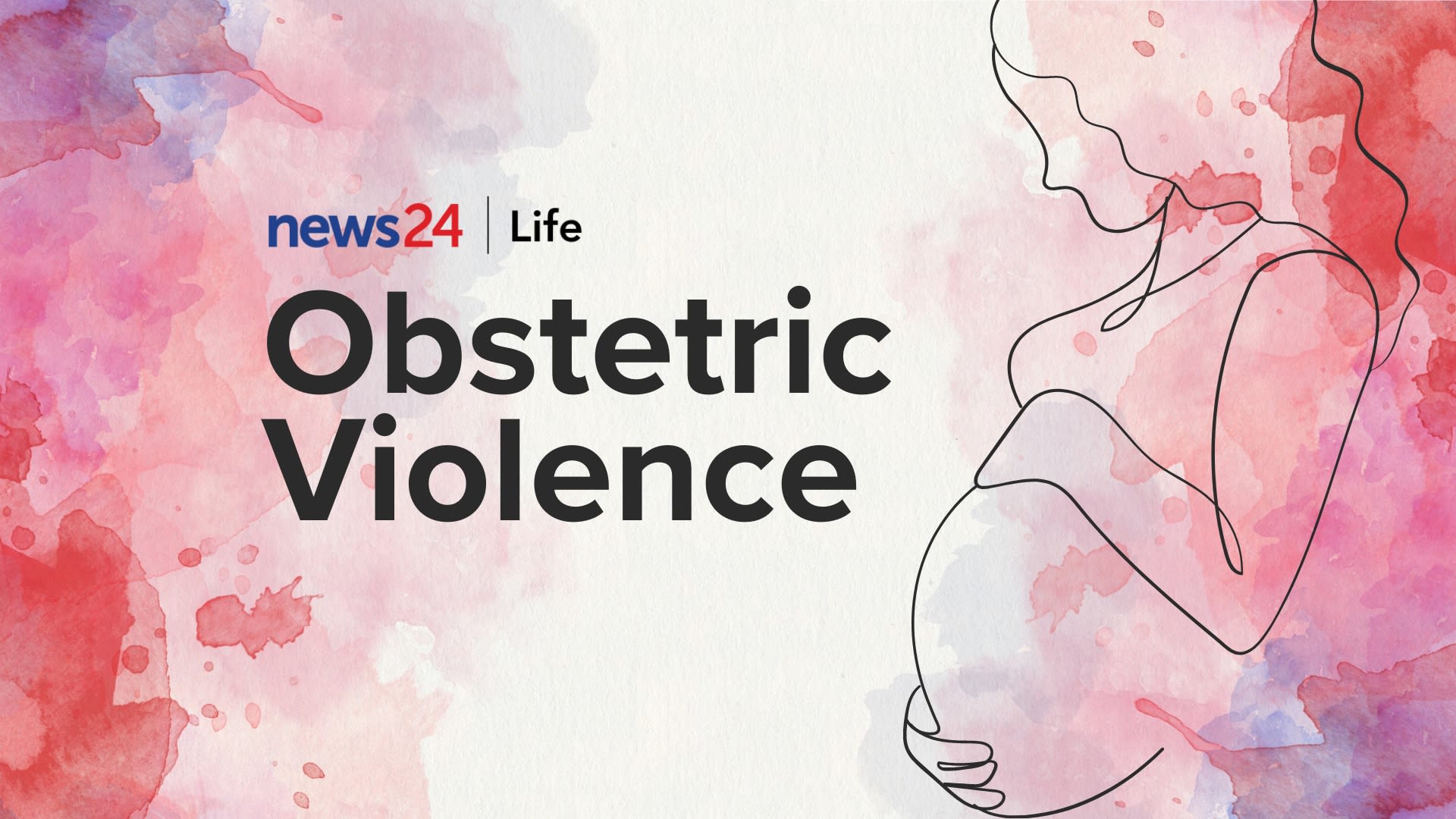
Nikita Coetzee, News24 Wellness and Relationships


What is
obstetric violence?

Do you know what obstetric violence is? You may not be familiar with the term, but chances are, you've come across people who have experienced it.
Who knows, maybe you're one of those people.
Prior to working on this series, I had never heard of the term. Yet, when I listened to the stories shared, it sounded all too familiar - cases of:
- forced sterilisation;
- negligence;
- ill-treatment of pregnant women;
- expectant mothers suffering miscarriages on cold; waiting room chairs or;
- giving birth on hospital floors.
This is obstetric violence.
"It refers to the abuse that healthcare providers carry out on pregnant women when the women are seeking care from hospitals or clinics."
Obstetric violence can take two forms: psychological and physical.

Your stories

Sterilised without her knowledge: Bongie Msibi shares her story
There's a fire inside Bongie Msibi, one that's fuelled by pain and masked by sadness. I see only a glimpse of it at first - one or two embers that escape when we start talking. But soon enough, she has been engulfed by the flames. It burns from deep within, so hot that I have to stand clear or I will be emotionally scorched, too.
Berated by medical staff while suffering a miscarriage: Esmirenda Mulaudzi's horror hospital stories
Esmiranda Mulaudzi was 19 years old when she fell pregnant in 2013. Excited to welcome her first child, everything seemed to be on track until she reached her third trimester. At seven months pregnant, Mulaudzi experienced intense pains.
'They made a mistake': Ntsoaki Makibanyane says her baby died due to terrible blunder by hospital
In 2017, a pregnant Ntsoaki Makibanyane was in her home in Orange Farm, south of Johannesburg, when her water broke. Filled with nerves but excited to meet her baby boy, she could not have anticipated the nightmare that awaited her.

It's not all in your head:
Medical gaslighting is real and happens more often than you think

Medical gaslighting is "when a medical professional or allied individual downplays a patient's symptoms or tells them that it is 'all in their head' when, in fact, it is real and severe."
How do I report a case of obstetric violence?

"It's an exhausting process. Still, you may not have a choice if you're seeking help."
Reporting cases of obstetric violence is not easy for victims. They often feel alone and afraid and are dismissed or treated poorly when they approach a hospital or clinic for answers.
As an official definition:
Obstetric violence refers to the abuse of pregnant women by healthcare providers.
Bongie Msibi, Esmeranda Malaudzi and Ntsoaki Makibanyane are just a handful of women who are still battling the system.
All three women have been embroiled in ongoing arguments with Baragwanath Hospital for years with no end in sight. Instead, they're given the runaround, only adding to the trauma they have already endured.

TAKE THE SURVEY
Have you been a victim of obstetric violence? Stand up and be counted

Obstetric violence refers to the abuse of pregnant women by medical staff. This could be physical, emotional or psychological.
While many expectant mothers experience this, their stories are often not shared. Embrace, a social movement that "celebrates motherhood and mothers," wants everyone's voice to be heard.
The organisation has drafted a survey called Count Our Births, where women can share their experiences.
But we at Embrace believe that it isn't just about whether a woman died during pregnancy or childbirth, but essentially, how a woman is made to feel during pregnancy and birth and postpartum, at her most vulnerable, and the serious and long-lasting consequences for her, her child, her family, her community, and for us all as a country."
With the survey, the organisation hopes to "understand how many women in our broader network have experienced obstetric violence, what types of obstetric violence they have experienced, what age they were when they experienced it, and what were the effects of the violence they have experienced on their physical and mental health but also on their motherhood journey."
Your support affords us the time and resources to produce rich, in-depth journalism that matters.
Production: Sharlene Rood | Reporting: Nikita Coetzee



